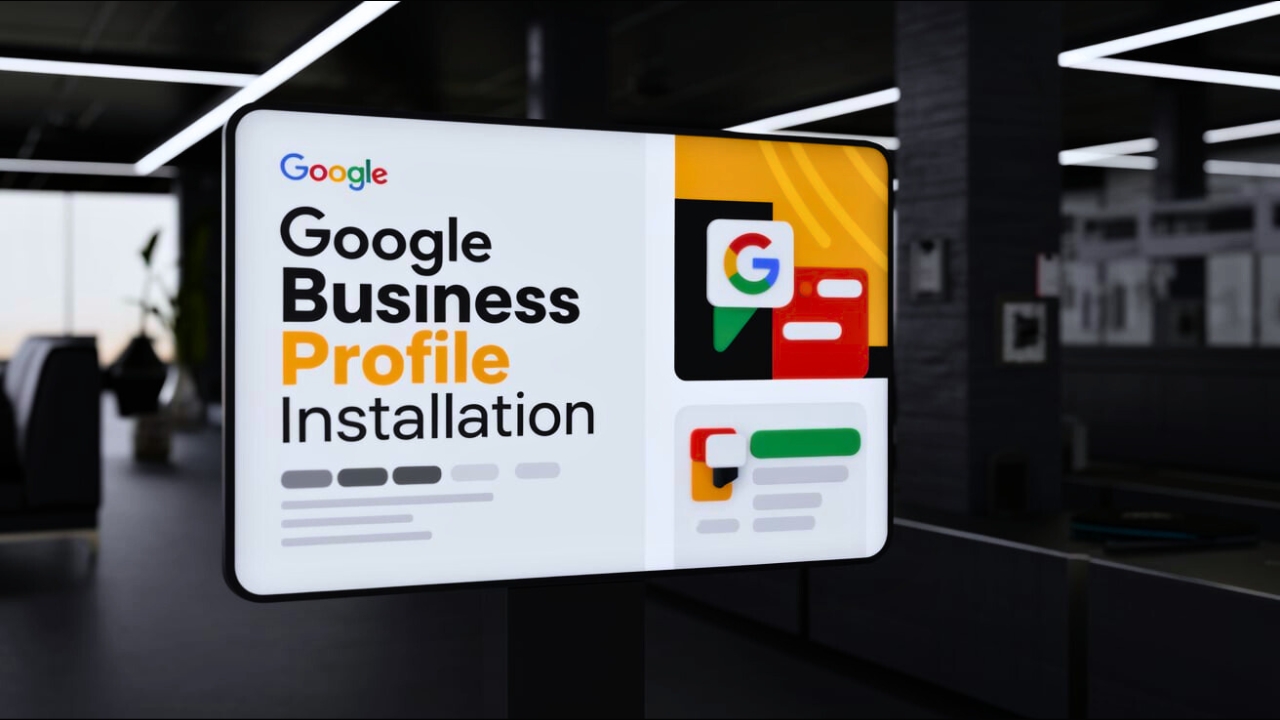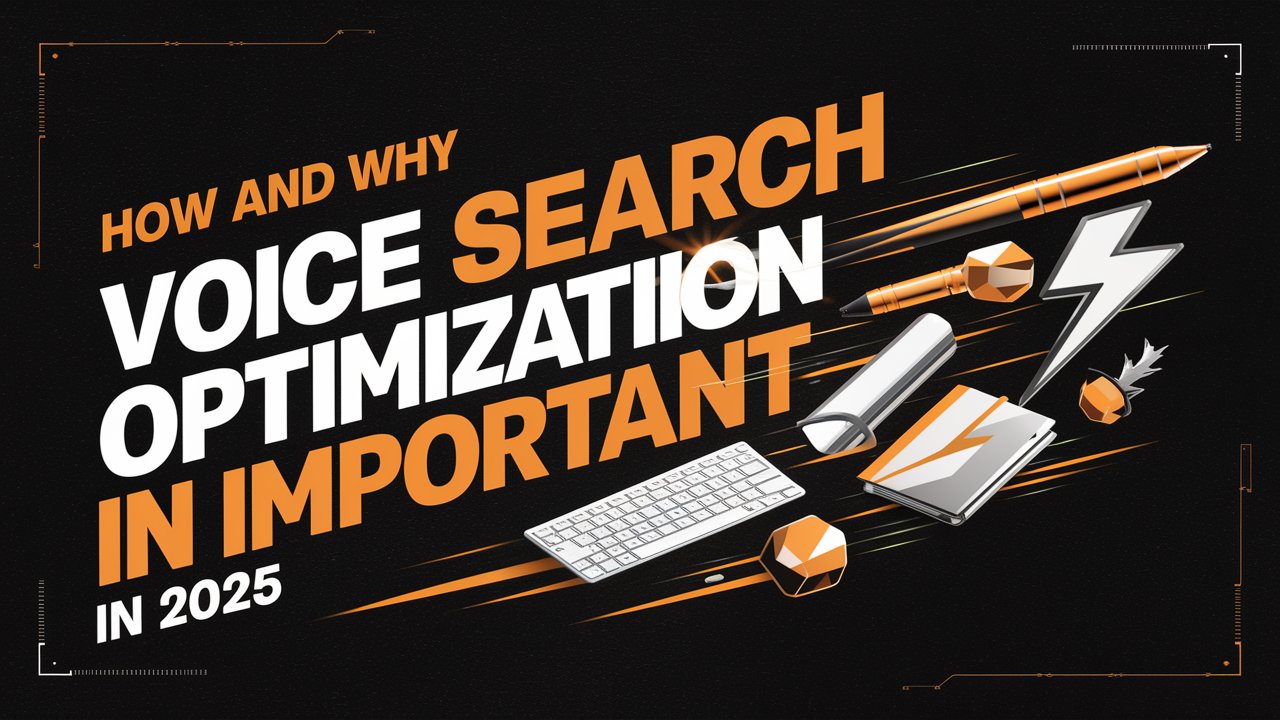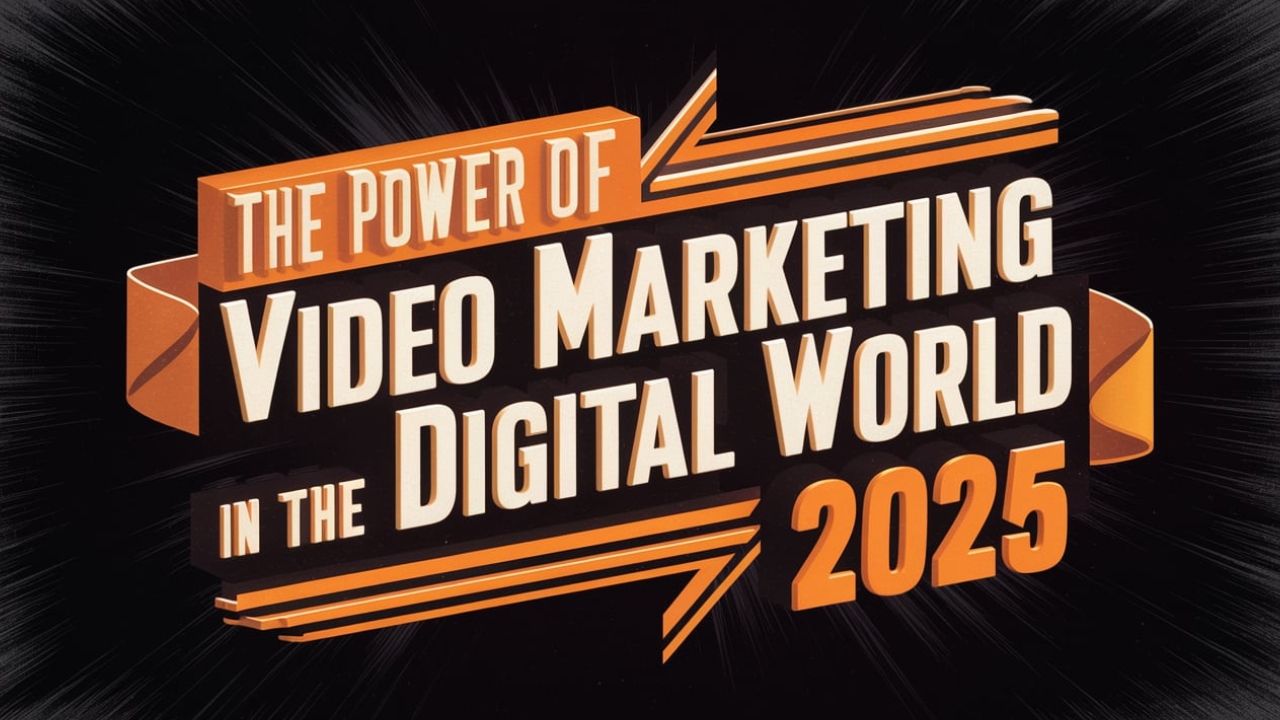Why is SEO still alive? SEO Is Not Death
Introduction
Hy My name is Ravi Singh Rajput, and I have been working in the world of digital marketing and SEO for quite a long time. People often ask me this question whether SEO is outdated? Is SEO an old thing now, or does it still have a future? But the advent of new trends and techniques in the world of digital marketing,
SEO is a very important and effective tool that is still indispensable for businesses and websites. In this article, I am going to tell you why SEO is still alive, and how it is evolving.
So let us tell you,
What is SEO, and Why SEO is Not Death?
SEO (Search Engine Optimization) is the practice of optimizing a website to rank higher in search engine results, making it easier for users to find relevant content. It includes techniques such as keyword research, content creation, link building, and improving website performance.
Contrary to some beliefs, SEO is not dead. It has evolved with advancements in search engine algorithms, focusing more on user experience, high-quality content, and ethical practices. Staying updated with trends and adopting strategies ensures that SEO remains an essential part of digital marketing.

1. Google and search engines are still the primary tools
Every day billions of people around the world use Google and other search engines to get answers to their questions. If you want information about a restaurant, product, or any service, the first step is to search on a search engine. Even with the huge popularity of social media and paid advertising, the role of search engines is still primary:
- Organized Information: Search engines provide structured and relevant information to people.
- Trust Factor: People trust organic search results more than paid ads.
- Massive User Base: There are 8.5 billion searches on Google every day. This proves that the future of search engines is still bright.

2. Importance of organic traffic
Paid ads are quite effective, but they have one harm cost and short-term impact. Paid ads are quite expensive compared to SEO, and their effect lasts as long as you are spending money. The organic traffic generated through SEO provides long-term benefits:
- Cost-effective Solution: SEO generates consistent traffic once implemented properly.
- User Trust: Organic search results are more trusted because users discover them without paid promotions.
- Long-Term Results: SEO is definitely a slow process, but its impact is long-term.

3. Role of content creation and optimization
“Content is king,” this statement is quite popular in the world of SEO. High-quality and well-optimized content is an important part of SEO. Now just filling keywords is not enough, but the content has to be made user-friendly and valuable:
- Informative Content: Search engines promote such content that gives accurate answers to the user’s questions.
- Regular Updates: Regularly updated content is a positive signal for search engines.
- Engaging Media: Infographics, videos, and interactive elements improve both the quality of content and SEO ranking.

4. Growth of voice search and AI
With the development of technology, new tools and techniques have come which have become a part of SEO. Voice search is becoming quite popular, and its impact is also visible on SEO:
- Conversational Keywords: People use conversational and long-tail keywords in voice search, which defines a new category of SEO.
- AI Algorithms: Search engines like Google use their AI algorithms to understand user queries better. This further increases the relevance of SEO.
- Mobile Optimization: Most of the users of voice search use mobile devices, due to which the demand for mobile-friendly websites is increasing.

5. The growing importance of local SEO
In today’s digital era, local searches have become quite common, such as “best restaurant near me” or “plumber in my area.” Local SEO is an important factor that can be a game-changer for small businesses.
- Google My Business: Creating and optimizing a Google My Business profile is essential for local SEO.
- Location-Based Keywords: Specific keywords that target location are important to rank in local searches.
- Positive Reviews: Customer reviews are a strong factor of local SEO that improves ranking.
6. Combination of SEO and UX (User Experience)
Search engines focus not just on content and keywords, but also on the user experience (UX) of a website. The combination of SEO and UX improves both website ranking and user engagement:
- Website Speed: Slow websites are frustrating for users and negatively impact ranking.
- Mobile-Friendliness: Google prefers mobile-first indexing, so responsive design is important for SEO.
- Easy Navigation: The structure of the website should be simple and easy-to-navigate.
7. Competitors are also using SEO
If you do not do SEO, then your competitors will definitely capture your audience. Competition is increasing in every industry, and SEO comes in the form of a tool that helps you get ahead of your competitors:
- Keyword Targeting: You can create your strategy by analyzing the keywords targeted by competitors.
- Competitor Analysis Tools: Tools like Ahrefs and SEMrush help you understand the SEO strategy of your competitors.
- Unique Content: You can improve your ranking by creating valuable content that is different from competitors.
8. SEO is still evolving
SEO is not a static process. It evolves according to technology, algorithms, and user behavior. Search engines like Google introduce regular updates to their algorithms, which provide new challenges and opportunities to SEO practitioners:
- Core Web Vitals: Google has made core web vitals a ranking factor, which focuses on UX and website performance.
- E-A-T (Expertise, Authoritativeness, Trustworthiness): High-quality and credible content improves the ranking of websites.
- Search Intent: Search engines have become quite advanced in understanding user intent and providing results accordingly.
Conclusion: SEO is alive and will stay
The death of SEO is a myth. It is just evolving and adopting new techniques and trends. Businesses and marketers who align their SEO strategies with new updates have a brighter digital success. SEO is not just a tool, but an investment that provides long-term benefits.
I, Ravi Singh Rajput, would like to tell you that you can greatly improve your online presence by focusing on your website’s content, UX, and technical SEO. SEO is still an important and indispensable part of any digital marketing strategy, and it will remain relevant in the future as well.
SEO is alive, and becoming even more powerful with new opportunities!
Frequently Asked Questions (FAQs)
What is the most important factor for a one-day SEO strategy?
Prioritize keyword research and competitor analysis. These foundational elements will guide your content creation and optimization efforts.
Can I really create an effective SEO strategy in one day?
Yes, by focusing on the essentials like on-page SEO, keyword targeting, and technical checks, you can lay a strong foundation for ongoing improvements.
What tools should I use for a quick SEO setup?
Use tools like Google Keyword Planner for keyword research, SEMrush or Ahrefs for competitor analysis, and Google Search Console for technical SEO insights.
How do I ensure my content ranks well?
Create high-quality, engaging, and keyword-optimized content that answers user queries and follows on-page SEO best practices.




